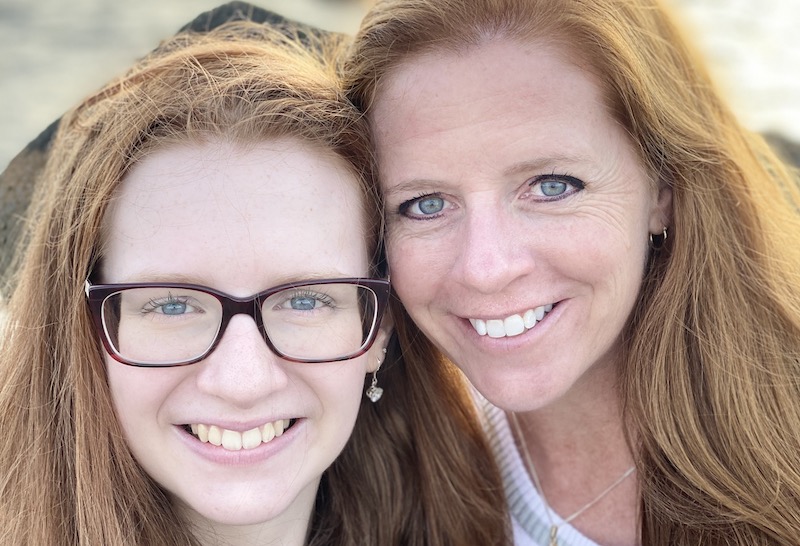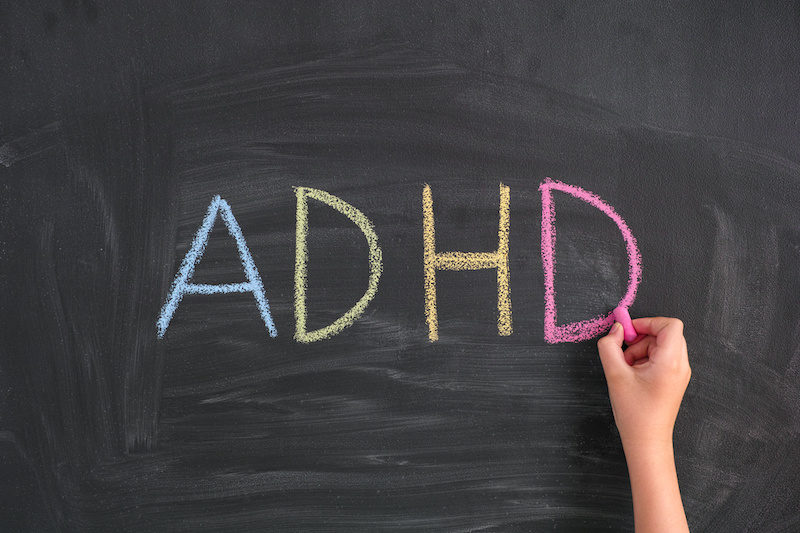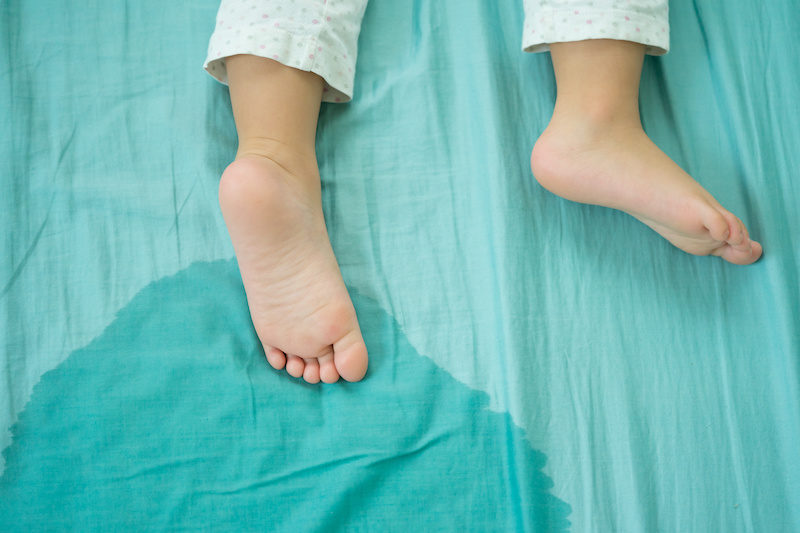Help your kids stay busy and happy at home during COVID-19 shutdowns
With schools closed and many parents working from home, it can be a challenge to keep kids both busy and relaxed. For tips on how to help your child deal with cabin fever, we turned to Jill Twomey-McLaughlin and her colleagues in Child Life Services at Boston Children’s Hospital. Relax body and mind Add the ... Read More about Help your kids stay busy and happy at home during COVID-19 shutdowns
What running mistakes lead to injury?
Running outside is a great opportunity to get some fresh air and, because it requires so little equipment, may be accessible when other forms of exercise are not. At a lecture in February, specialists from the Division of Sports Medicine and The Micheli Center for Sports Injury Prevention described how running form – the way ... Read More about What running mistakes lead to injury?
Five things parents should know about vascular rings
If your child has a high-pitched cough, breathes loudly, wheezes, has difficulty eating or swallowing, or always seems to be coming down with pneumonia or respiratory infections, the problem could be more complex than you realize. Although rare, abnormal formations of the blood vessels called vascular rings can compress the trachea, esophagus, or both. While ... Read More about Five things parents should know about vascular rings
The new coronavirus: Answers to your questions
As the new coronavirus, COVID-19, continues to spread across the world, people are becoming increasingly concerned about how to keep their families safe. To address these concerns, we sat down with Dr. Thomas Sandora from the Division of Infectious Diseases at Boston Children’s Hospital to get answers to some of the most pressing questions. Do we need to ... Read More about The new coronavirus: Answers to your questions
What’s it like to have an endoscopy?
If your child has symptoms of gastroesophageal reflux or celiac disease, has been diagnosed with esophageal atresia, or has another condition that affects their upper gastrointestinal (GI) tract, their clinician may recommend an upper endoscopy. In this procedure, the doctor passes a long, thin, flexible tube with a light on the end through your child’s ... Read More about What’s it like to have an endoscopy?
When your child has CHD: Advice from parents for parents
“When you enter the world of congenital heart conditions (CHDs), everything can feel new, scary, complicated, and fast paced,” says Claire Poole, mother of Ava, a 17-year-old heart patient at Boston Children’s Hospital. This Heart Month, we asked Claire to kick off a post on our Heart Center Facebook page inviting parents to share their ... Read More about When your child has CHD: Advice from parents for parents
Relationship talks: Staying together through a child’s illness
Among the many stresses of having an ill or injured child, parents often feel a strain on their marriage. Whenever she can, clinical social worker Katherine Preston, LICSW, reassures families that a child’s illness does not automatically spell the end of the parents’ relationship. Based on studies of families facing childhood cancer and diabetes, Preston ... Read More about Relationship talks: Staying together through a child’s illness
Early sports specialization: How to support your child
Early sports specialization — intensive training and competition in a single sport at the expense of other activities — has become the expected norm for many young athletes hoping to excel. While parents and athletes may see specializing as the only way to achieve future athletic glory, getting too serious too early has produced a ... Read More about Early sports specialization: How to support your child
Common questions about ADHD treatments
If your child is diagnosed with attention deficit hyperactivity disorder (ADHD), you may have questions about which treatments will work best. When considering an intervention for your child, we recommend that you ask your clinician if there are any research studies that back it up. Evidence-based interventions are treatments that have been studied using standardized ... Read More about Common questions about ADHD treatments
Be a VIP: Voiding Improvement Program helps kids with incontinence
Urinary incontinence (enuresis) isn’t just embarrassing for kids — it can lead to low self-esteem, stress, and even bullying. Because bedwetting, daytime wetting, and other problems are so personal, many children and parents are reluctant to talk about them. But families don’t have to stay silent. An approach called voiding improvement can help determine what’s ... Read More about Be a VIP: Voiding Improvement Program helps kids with incontinence











